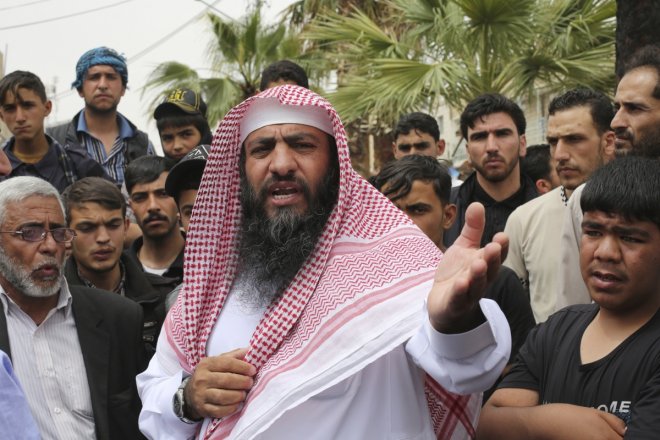
The Abu Sayyaf group released a South Korean skipper, who was held in captivity for nearly three months, from the southern Philippine island of Jolo on Saturday morning. The Korean ship captain returned to Korea on Sunday.
A foreign ministry official on condition of anonymity said Park Chul Hong arrived at Incheon International Airport at around 4:30 am.
"We understand that the captain's health is not bad, but he would be hospitalised for thorough medical check-up," said the official.
According to a Philippine army spokesman, the militants released Park along with a Filipino crew Glenn Alindajao under an arrangement that was negotiated with the help of rebels belonging to the Moro National Liberation Front. Both of them were flown out of the island by a presidential adviser on peace efforts.
Reports said the two were kidnapped 10 Abu Sayyaf militants from DongBang Giant 2, a cargo vessel in last October when it was sailing to Australia from South Korea.
Jesus Dureza, the Presidential peace adviser, said the government had not paid any ransom for their release. However, some media reported that some sort of payment was believed to have been made. The owner of the ship, who was reportedly threatened to kill the hostages unless it received the ransom, negotiated with the terrorist group.
The Korean Foreign Ministry also supported the release effort alongside its Filipino counterpart.
The Abu Sayyaf group, linked to the Islamic State in Iraq and Syria, is a terrorist group based in and around Jolo and Basilan islands in the southwestern part of the Philippines.
The militant group is fairly small with about 400 members, but it is known for kidnapping people and demanding millions of dollars in ransom. If they fail to receive the ransom on time, they have been seen beheading their hostages. In November, a Korean man was found dead nine months after being kidnapped by the group.
The group has carried out numerous bombings and kidnappings which they consider to be their fight for an independent Islamic province in the Philippines.
In 2004, the group killed 116 people including children in an explosion at Superferry 14, one of the Philippines' deadliest terror attacks.









